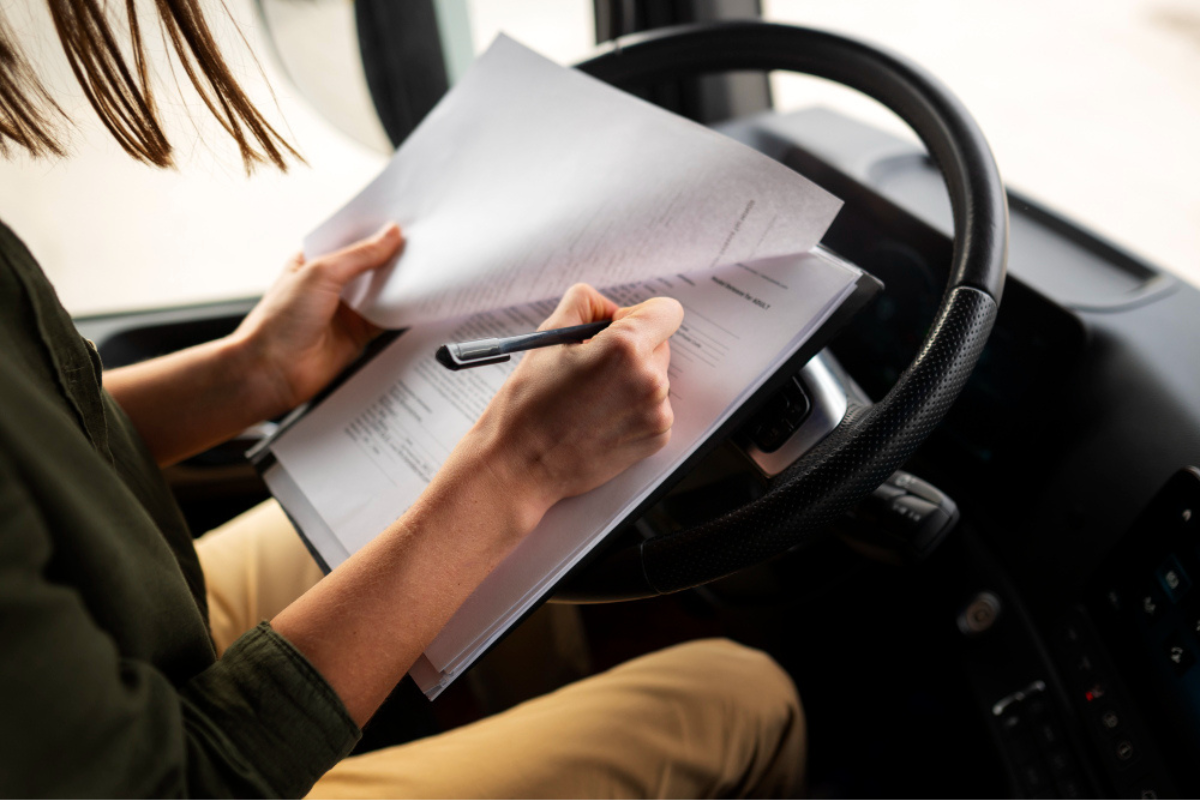If you drive commercially in the state of Florida, you can depend on one thing: that you’re going to be drug tested. It can feel inconvenient, even annoying at times, but it’s critical to maintaining safe roads. If you’re new to commercial driving or have years of experience behind the wheel, knowing how random drug testing policies work saves you from worry and helps you remain in compliance.
In this post, we’ll explain how random drug testing is administered to CDL Medical Examiner in Florida, who is responsible for enforcement, what substances are tested, and what drivers can expect through the entire process. If you were ever unclear about when or why, or how you could be tested, this is for you.
Why Is Random Drug Testing Required?
Commercial driving is also a huge responsibility. You’re not just hauling a load — you’re sharing the road with families, commuters, and fellow professionals. That’s why the federal and state governments have regulations making sure that people who drive for a living are competent to drive safely.
Random drug testing is one of the best measures to prevent drug abuse in the workplace. It helps to identify drivers who potentially are a threat to safety, and it helps to establish accountability throughout the industry. Random testing is also mandated by the Federal Motor Carrier Safety Administration (FMCSA) in Florida, as it is elsewhere in the nation. These rules apply to:
- CDL drivers who operate vehicles over 26,000 lbs.
- Drivers who transport hazardous materials
- Drivers of passenger vehicles designed for 16 or more people
How Does Random Drug Testing Work?
“Random” doesn’t mean unplanned chaos—it’s a very organized process.
Employers (or third-party administrators) are required to utilize a computer-generated random selection program to select which employees shall be tested. All CDL drivers from the testing pool are supposed to have an equal chance of selection, with no discrimination based on age, length of employment, or driving performance. Here’s how it generally works:
- Selection is made without prior notice
- The driver is notified and must report immediately to a collection site
- The test is administered—usually, a urine sample
- Results are analyzed by a certified lab
Importantly, drivers may not delay or decline the test without repercussions, including suspension or termination.
How Often Will I Be Tested?
This is adjusted for federal mandates and can fluctuate from year to year depending on industry rates. The FMCSA currently mandates that at least 50% of a company’s CDL drivers must be randomly selected for drug-related testing, and 10% for alcohol related testing every year. So you might not be chosen every year, but you will need to always be ready.
What Does the Test Look For?
When you’re selected for DOT drug testing in Florida, the test looks for the following five classes of drugs:
- Marijuana (THC)
- Cocaine
- Amphetamines (including methamphetamines)
- Opiates (like heroin and morphine)
- Phencyclidine (PCP)
Not only drug tests, but alcohol tests as well (reasonable suspicion, post-accident, and follow-up testing) may be involved.
What Happens If You Fail?
Failing a drug test is no joke. If you test positive, you are immediately taken out of safety-sensitive duty. But it doesn’t necessarily end your career.
To return to duty, you’ll be required to:
- Complete a Substance Abuse Professional (SAP) evaluation
- Follow through with the treatment plan provided
- Pass a return-to-duty test
- Be subject to follow-up testing for up to five years
Refusing to take a test is the equivalent of a failed test,which is why it is important to take the process seriously and fully cooperate when you are selected.
What Does the DOT Medical Examiner Do?
Most random testing is handled by employers and labs, but your DOT physical exam also serves an important role in keeping drivers safe.
A medical examiner, certified under the DOT Physical Examiner Certification Florida program, performs regular physicals to ensure you’re medically fit to drive. These physicals don’t include drug testing unless reasonable suspicion is present, but your medical certificate needs to remain valid, and your drug testing compliance continues.
Florida-Specific Guidelines
Florida follows all FMCSA federal rules but also places a strong emphasis on employer compliance. The Florida Department of Highway Safety and Motor Vehicles partners with employers to ensure documentation and tracking is maintained.
If you’re an employer in Florida, make sure your testing program includes:
- A written drug and alcohol policy
- A certified testing partner
- Proper recordkeeping and annual reporting
- A plan for handling positive results and SAP referrals
Compliance for CDL Drivers: How Do You Stay Compliant?
- Know your rights and responsibilities
- Avoid all prohibited substances, even in your personal time
- Be prepared to test at any time
- Understand your employer’s testing policy
- Seek help if you’re struggling with substance use—before a test flags it
Your career and public safety hinge on staying clean and following orders.
Final Thoughts
Florida random drug testing is more than just a requirement — it’s a tool for keeping the commercial driving industry a safe, respected, and efficient place. Although it may feel like a pain at times, it is for the benefit of all people on the road, including you.
Whether you are a new CDL driver or an experienced professional driver with miles and miles of driving experience, the more informed you can be, and the more prepared you are, the fewer surprises you will find, and the more in control you will stay.
Do you need to test, compliance help, or a DOT physical? Choose Transportation Medicine, led by Dr, Weinberg, trusted by all the CDL drivers. Call us at (727) 648-2402 or email us at aweinberg@medavex.org to book your exam today!
Book your appointment or learn more about DOT testing and exams today.

